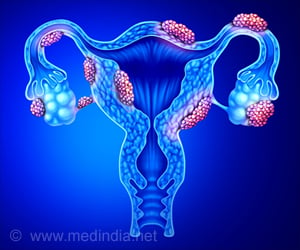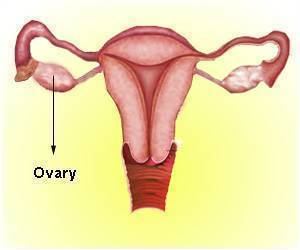BioIVT announced that researchers in its Transporter Sciences Group have co-authored the study which is published in the journal Drug Metabolism and Disposition.

‘BioIVT's new approach if employed during the drug discovery process, aids to develop drugs with optimal pharmacological properties like high efficacy and less side effects.’
Read More..




NTDs are birth defects of the brain and spinal cord that cause conditions such as spina bifida in infants. NTDs can be caused by several factors, including inhibition of folate transporters in the gut, brain, and placenta.Read More..
This new research, which results from a collaboration between BioIVT and GlaxoSmithKline (GSK) and is based on studies conducted in BioIVT's laboratory in Santa Clara, CA, set out to investigate whether HIV integrase inhibitor drugs also inhibit folate transporters, leading to drug-induced folate deficiency and an increased likelihood of NTDs.
"We were pleased to collaborate with our colleagues at GSK on this important research, using BioIVT's technology platform and our combined scientific knowledge and thinking. Through timely and effective communication, we were able to develop new assays quickly and generate high quality data," said Dr. Xuexiang Zhang, BioIVT's lead investigator on the study. "We hope that our investigation into the pharmacology of dolutegravir will help physicians to develop optimal recommendations for their patients."
Their study assessed the impact of dolutegravir and four other integrase inhibitor drugs, together with positive controls (methotrexate and pemetrexed) and a negative control (valproic acid), in vitro on the three major folate transport pathways: reduced folate carrier (RFC), proton-coupled folate transporter (PCFT), and folate receptor α (FRα) endocytosis.
Their research set out to determine what effects, if any, dolutegravir and the other HIV integrase inhibitors had on folate transporter activity. Particular attention was paid to FRα since concerns about dolutegravir's interaction with that pathway had been expressed recently in the scientific literature.
Advertisement
The study demonstrated that dolutegravir is not a clinical inhibitor of folate transport pathways and is not predicted to elicit clinical decreases in maternal and fetal folate levels.
Advertisement
BioIVT's approach can also be used to predict the risk of folate transporter inhibition by drugs in other classes. It is employed during the drug discovery process to select and develop drugs with optimal pharmacological properties, i.e. high efficacy and minimized risk to patients.
Source-Eurekalert












